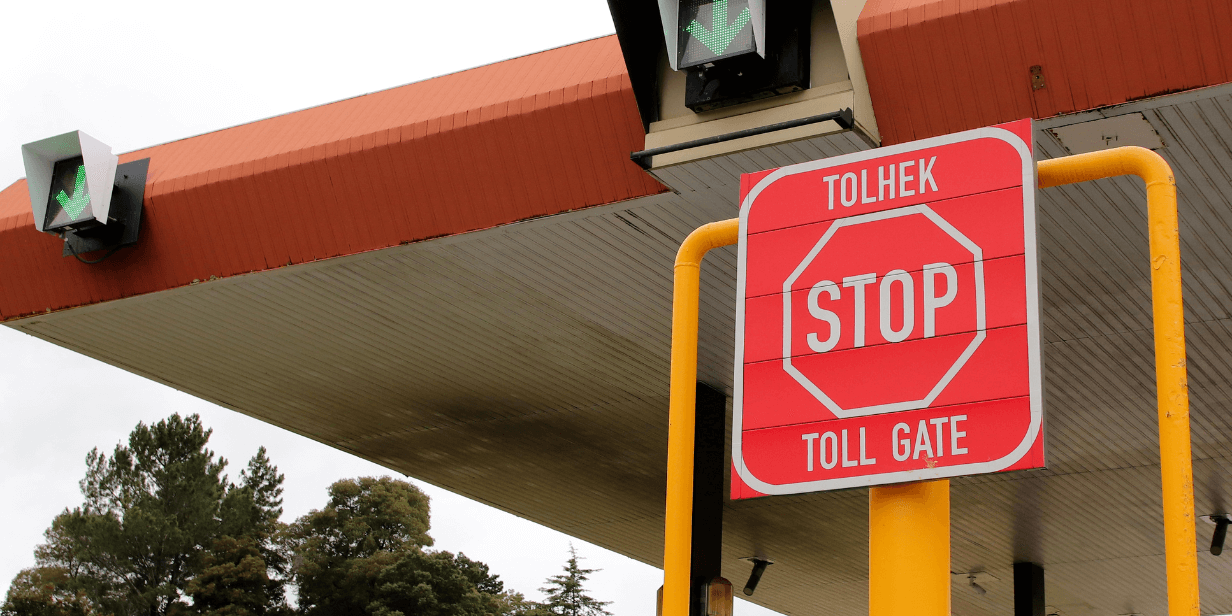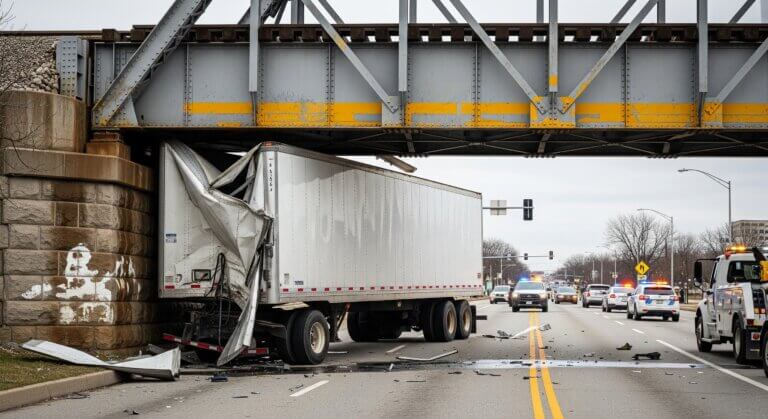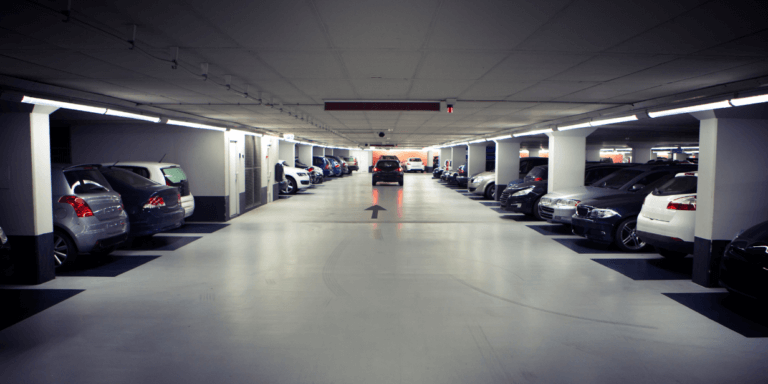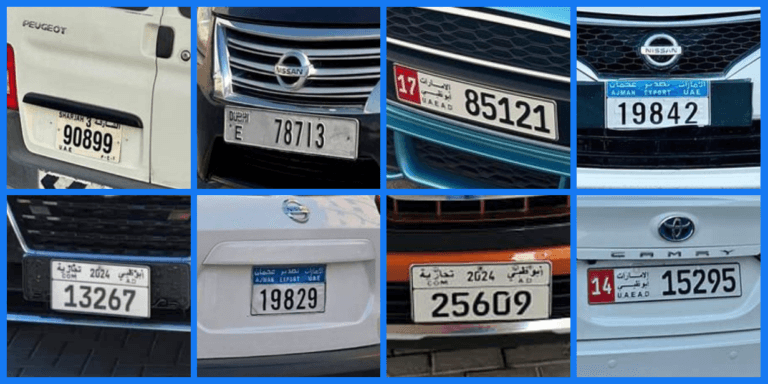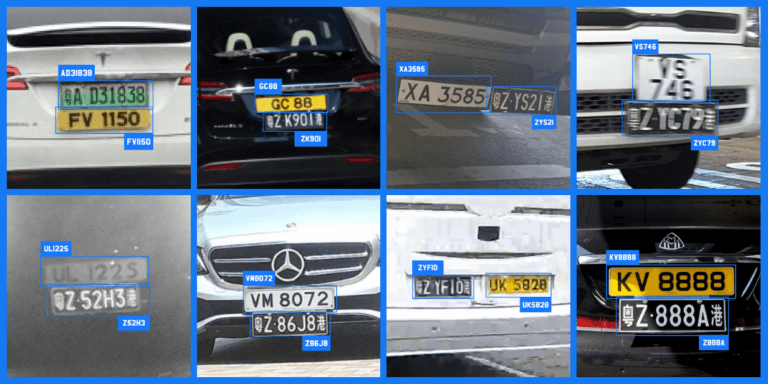Before the pandemic, major cities in South Africa have already been dealing with severe traffic congestion, a significant number of road fatalities, and a vehicle population that rises yearly. The numbers dwindled during Covid-19 just like in every nation in the world. But now that restrictions are easing, the traffic and road conditions are gradually reverting to their pre-pandemic state.
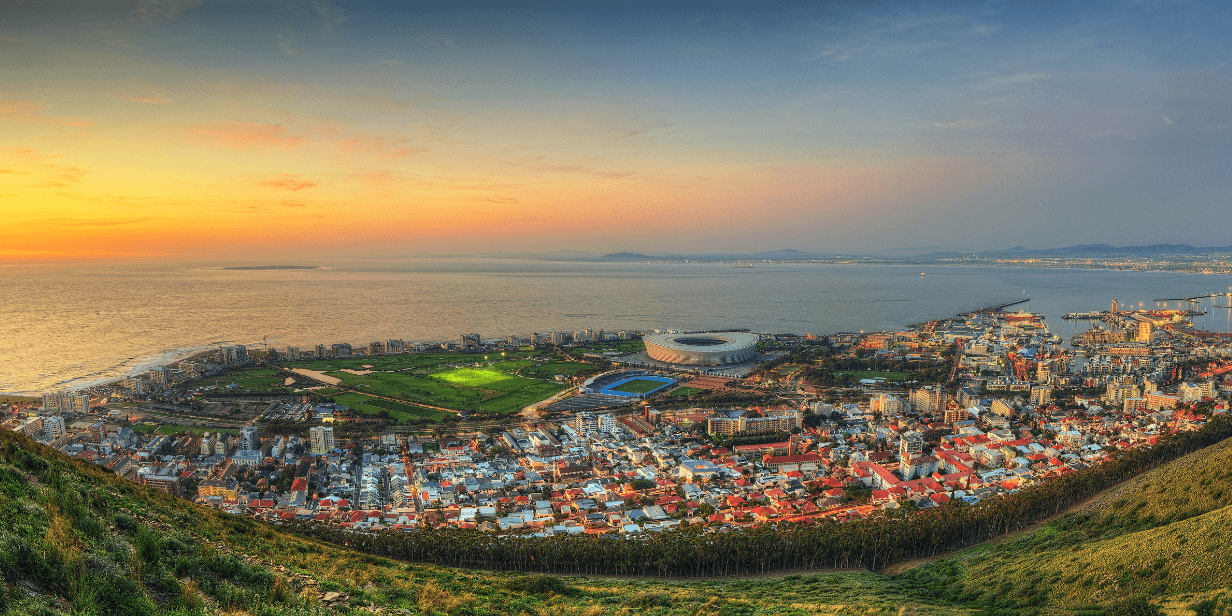
Capetown South Africa Skyline. Source: Canva
While this is a sign that the country is on its way to fully recovering from the pandemic, it also means that South Africa could be facing the same pre-pandemic transportation and traffic problems – the lack of traffic management, poor implementation of traffic rules, traffic congestion, and unsafe driving, to name a few.
At the same time, the country’s crime rate is also rising. Crimes like common robbery, damage to property, vehicle theft, and vandalism are becoming more common. Informal settlements, another prolific challenge in South Africa, are propagating criminality. With little to no public services available to the informal settlers, most resort to a life of crime.
In this article, we’re going to explore how using ALPR for South Africa could be the key to efficiently managing traffic congestion and all of the problems that go along with it. Additionally, we’re going to learn how property can be protected with the use of ALPR technology.
What is ALPR?
ALPR stands for Automatic License Plate Recognition. Also known as Automatic Number Plate Recognition (ANPR), it is simply software that’s used to automatically decode the license plates of vehicles by performing advanced optical character recognition.
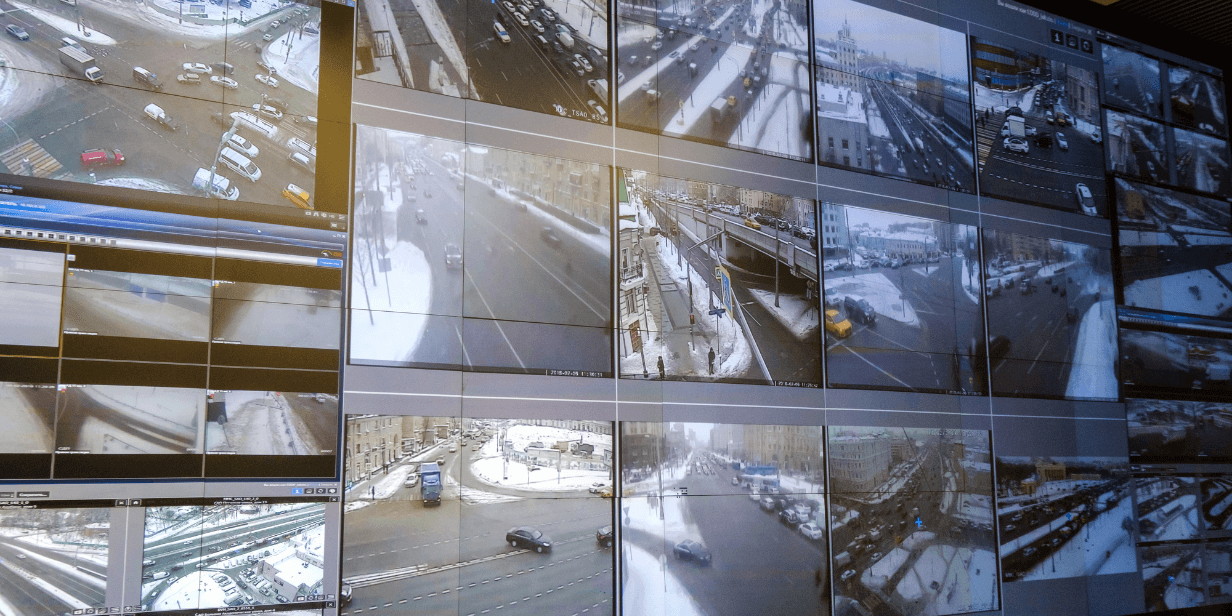
Traffic center screens showing traffic. Source: Canva
An ALPR engine takes an image as input and produces a decoded vehicle license plate as output. The software will display the deciphered license plate and will typically include other data such as car make, model, and color. There are some ALPR engines that include direction for travel and region. The ALPR software works with both static images and video footage.
If you’d like to learn more about ALPR software, read our complete guide to learning what is ALPR.
Why There’s a Need for ALPR for South Africa
South Africa is a country with a population of around 61 million people in total. The bulk of the population is concentrated in the country’s major cities with Johannesburg being first on the list with about 5.6 million residents. It is closely followed by Cape Town with 4.7 million and then Durban which houses 3.1 million residents. It is in these major cities that traffic congestion is most common. Locals can only describe driving through these cities during rush hour as a nightmare.
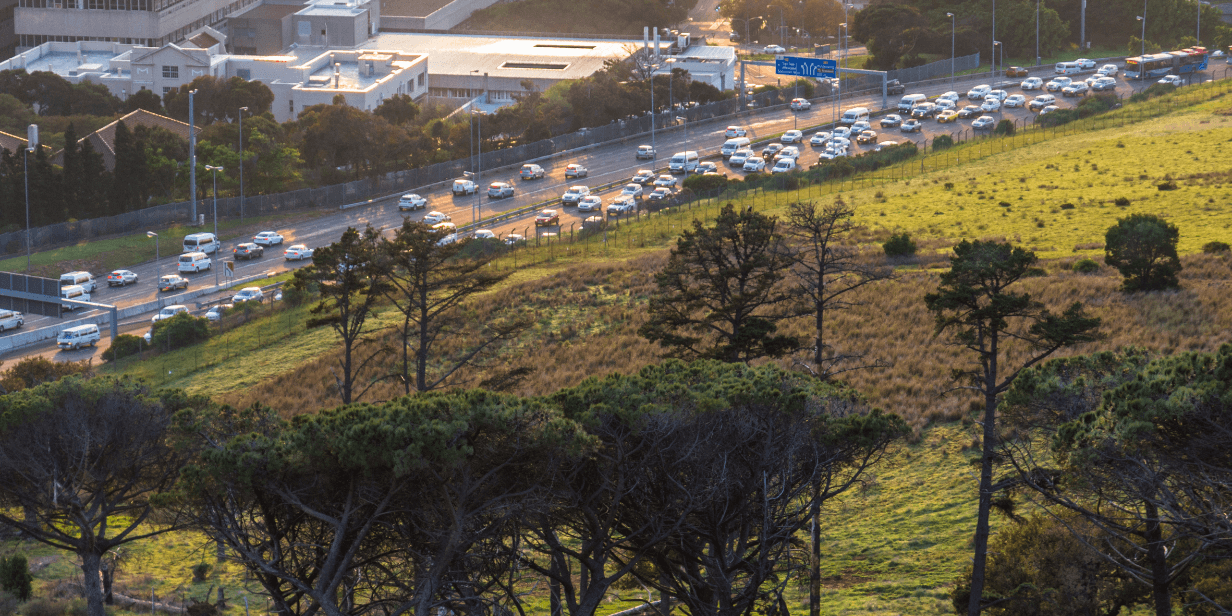
Incoming city lanes in Cape Town. Source: Canva
Recently, however, Pretoria, South Africa’s administrative capital, was dubbed as the city with the worst traffic in the country despite its lesser population of 1.6 million. According to TomTom Index, it takes an estimated 16 minutes to travel just 10km. Compared to 2021, the duration increased by 40 seconds. Commuters waste around 145 hours a year just sitting in Pretoria traffic during rush hour.
Cape Town comes in at a close second, also taking drivers 16mins to travel just 10km. However, compared to 2021, the amount of time it took to travel 10km increased by a whopping 1 minute and 10 seconds. In a year, the amount of time that citizens sit in Cape Town traffic is around 132 hours.
As authorities are becoming more lenient with pandemic restrictions, it seems that the same degree of traffic congestion will still be present even in the new normal.
Load Shedding Affecting Road Safety
Currently, the country is experiencing a major energy crisis making widespread national blackouts commonplace. Because there isn’t enough electricity to meet the demand of consumers, power is temporarily switched off in certain areas of the country. This is called load shedding. During a scheduled load shedding, some areas go as long as 6 hours without electricity.
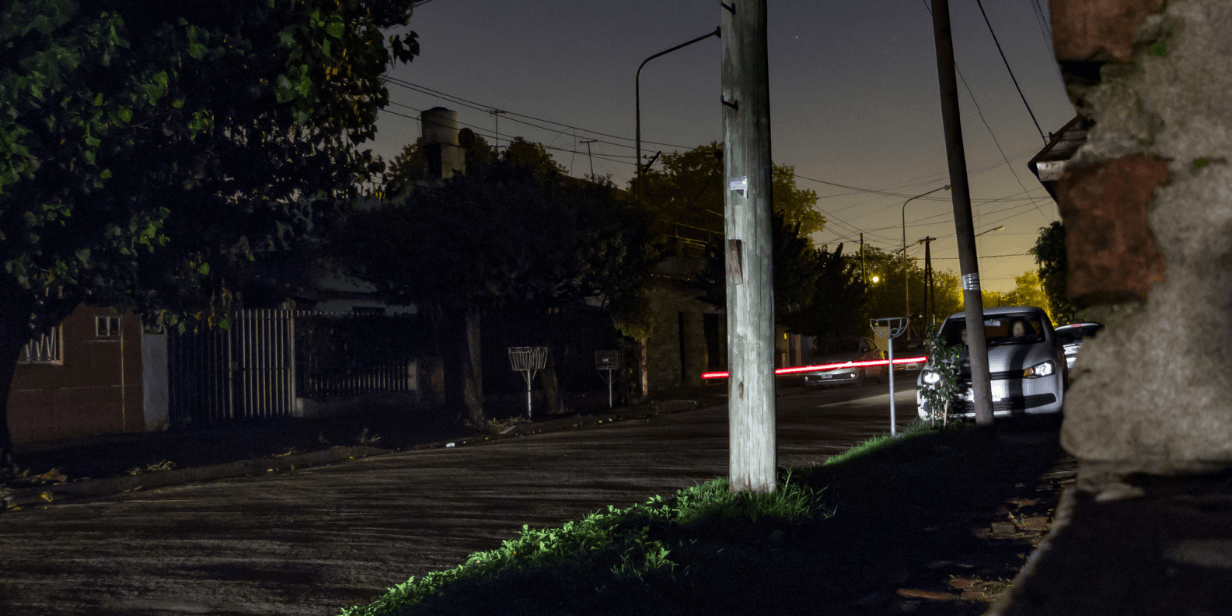
Neighborhood blackout. Source: Canva
While load shedding affects daily life, it also has a major impact on road safety. Because of this temporary switching off of power, traffic lights become faulty or out-of-order which has caused major traffic jams and disorder on the road.
As soon as the traffic lights go out, a chain reaction is set in motion. Because motorists are in a hurry, they rush to get through the congestion as quickly as possible. Drivers, on the other hand, are prone to road rage because they are also trying their best to be the first to get out of the mess.
Although Eksom, South Africa’s primary electricity provider, is doing its best to find efficient solutions to the energy crisis, the road safety issue due to malfunctioning traffic lights will likely persist.
Road Accidents and Fatal Crashes Still Extremely High
Software like ALPR for South Africa could have a significant impact in lessening the amount of time the paramedics respond to a vehicular accident. The country still has an extremely high number of road fatalities and accidents despite the numerous awareness interventions the government has made.
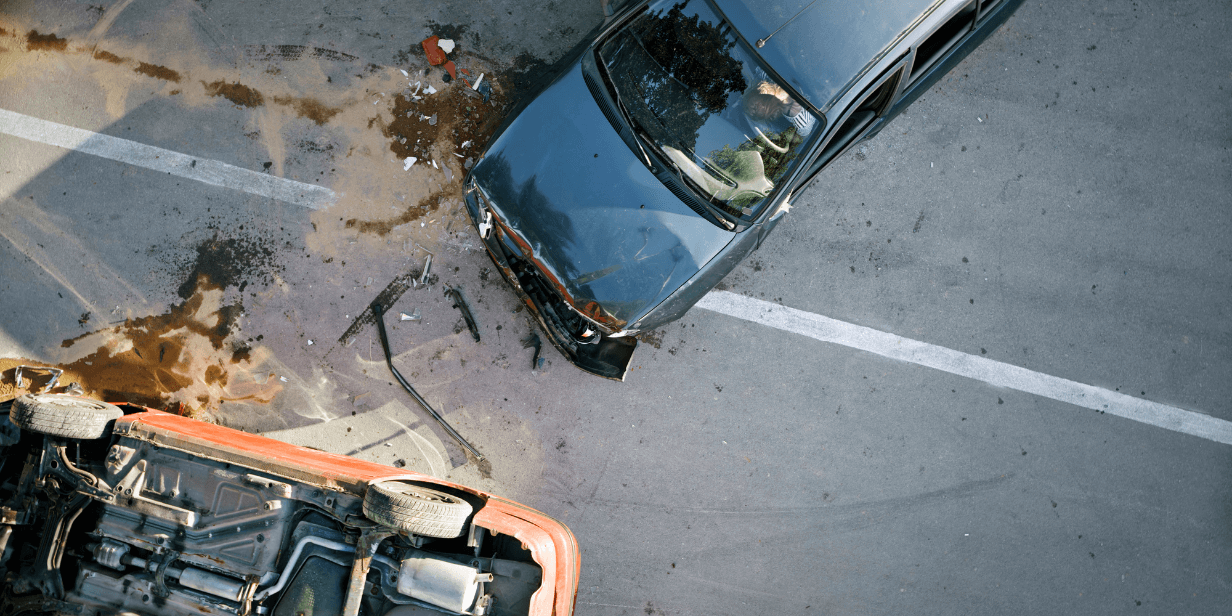
Two cars collission. Source: Canva
The number of fatal crashes in the country is steadily rising each year. Based on a study, the number of fatal car crashes increased by 26.2% in 2021. Road fatalities increased by 25.8% in the same year. Additionally, the percentage of pedestrians who have lost their lives on South African roads is still high – an incredible 40% of all road users. One of the major culprits is alcohol with the country having the highest number of drinking fatalities compared to the rest of the world.
ALPR for South Africa: Detect Crime More Efficiently
Currently, South Africa ranks third on the list of countries with the highest crime rates. Based on the country’s Quarter 3 Crime Statistics Report, there has been an 11.6% increase in contact crimes including murder, assault and robberies. Property-related crimes such as vehicle theft and burglary have increased by 7.2%. Contact-related crimes like arson and damage to property, on the other hand, have also increased by 1.8%.

Car thief trying to unlock a car door. Source: Canva
Data has shown that major cities like Johannesburg, Cape Town, and Durban are known to have higher levels of crime than other cities in the country. Moreover, rural areas can also experience incidents of crime, particularly farm attacks and rural crime.
ALPR for South Africa could be a useful tool to aid law enforcement in detecting crimes, tracking down suspects, and systematically keeping records of violators and criminals.
Challenges to Public Transportation
Despite South Africa having a varied public transportation system, the country is still dealing with numerous challenges with accessibility, vehicle safety and inefficient and costly traffic systems.
Buses, taxis, trains, and ride-hailing services are available but the quality and safety of these services vary depending on the city and the specific mode of transportation. Buses, for example, are a popular means of transportation in South Africa. Major cities such as Johannesburg, Cape Town, and Durban have established bus rapid transit systems with buses commonly equipped with air conditioning.
Taxis are also widely used in the country. However, it’s important to take note that there are two types of taxis in South Africa – the formal metered taxis which are generally considered safer, and the informal or “minibus” taxis which are riskier due to their unregulated nature.
Minibus taxis are often overcrowded. In most cases, the drivers don’t adhere to traffic laws, making them a potentially dangerous transport option.
South African minibus. Source: Wiki Commons
Trains are also available with the state-owned passenger rail service called PRASA (Passenger Rail Agency of South Africa) providing intercity and commuter train services. However, there have been concerns about the safety of train travel due to incidents of crime and vandalism.
Ride-hailing services such as Uber and Bolt are also available in major cities in South Africa. They are generally considered safe and convenient but these types of transportation services are only accessible to a specific demographic.
ALPR for South Africa: Benefits to the Private and Public Sectors
How can the use of ALPR for South Africa aid in alleviating traffic congestion and improving road safety in the country? There are several ways in which using ALPR for South Africa can help. In the public sector, using ALPR technology can:
1) Help authorities enforce the law.
The ALPR for South Africa can be a great tool to improve the current ticketing system of South Africa. The engine can automate the process by identifying and automatically ticketing vehicles that break the traffic rules. There’s less need for manpower when automation practices are implemented.
Because of the country’s high crime rate, law enforcement can monitor specific areas for stolen, suspicious or targeted vehicles with the use of ALPR software. The footage that the ALPR engine records can also provide visual proof of illegal activities to support prosecution cases.
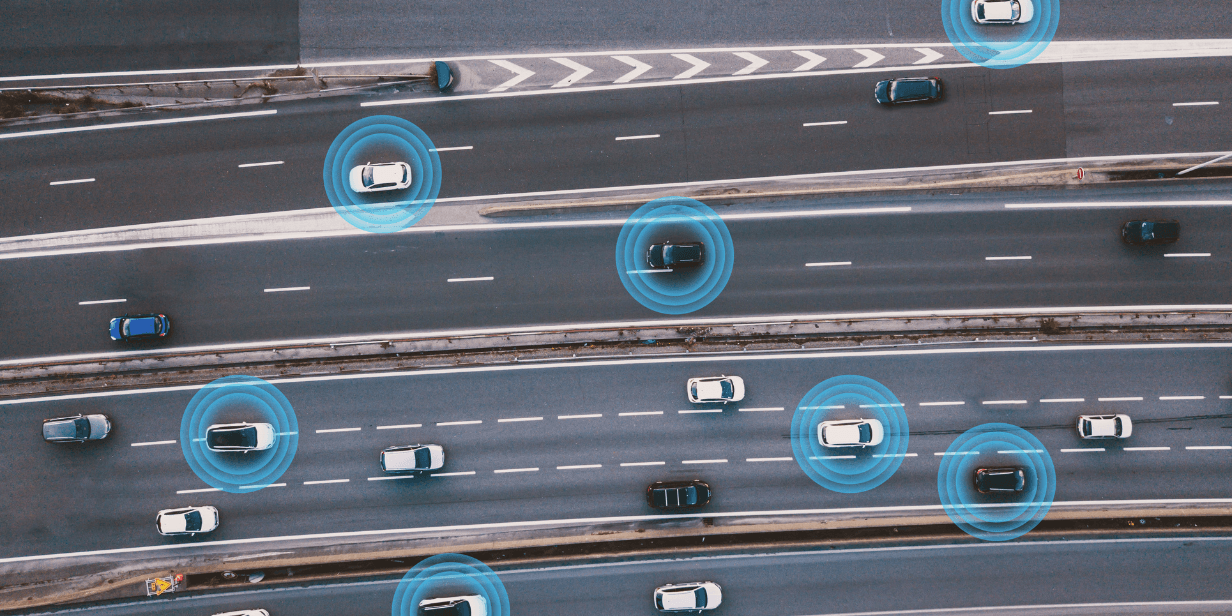
Cars driving on the road. Source: Canva
2) Complement Park & Ride (P&R) Systems
Park & Ride system is an integrated method of transportation where private vehicles are parked in a large and secure parking area. Users would then have to get to the city center via public transportation. This kind of method encourages private cars to stay off the roads, thereby minimizing congestion. The ALPR for South Africa can be used to systematically manage public parking spaces.
3) Aid in Efficiently Collecting Intercity Tolls
Although the government has already put up toll roads and tunnels in some areas of the country, like the toll road between Gauteng and Bloemfontein, toll tax collection in more areas could be beneficial to assist in road construction and maintenance.
Tsitsikamma toll gate stop sign. Source: Canva
4) Increase the Security in Public Spaces
The ALPR for South Africa can be used to increase security in public spaces like parks, roads, public beaches, and the like. With the use of an ALPR engine, access to certain public spaces can also be monitored.
5) Improve Data Gathering Methods
According to a study, it’s vital for the South African government to gather more data about driver behavior. The study suggested that there could be a link between driver behavior and sustainable development.
Having the data could help policymakers make informed decisions about how to reduce road accidents and improve socioeconomic conditions. The data can also help implement the correct driver behaviour interventions. Data can be gathered efficiently with the use of ALPR for South Africa.

Police checking ID card. Source: Canva
Businesses that Need ALPR for South Africa
In the private sector, several kinds of businesses can benefit from using ALPR for South Africa. Because the software is flexible, it can be applied to many use cases. Generally, using an ALPR engine for your business can:
- Provide additional safety to your business and your premises.
- Help automate your service in the case where your business deals with parking solutions or parking management.
- Provide real-time images or footage that will help you monitor what’s happening.
Having an ALPR system can be of great use to businesses like:
Hospitals and health centers
Apartment buildings
Schools and other education centers
Logistics business
Trading businesses
Vehicle repair companies
Private communities
Places of religious worship
And a whole lot more.
With the country’s rising population which seems to be parallel to its rising crime rate, having an ALPR for your business is a step towards further protecting your investment, your employees, and yourself from unexpected circumstances.
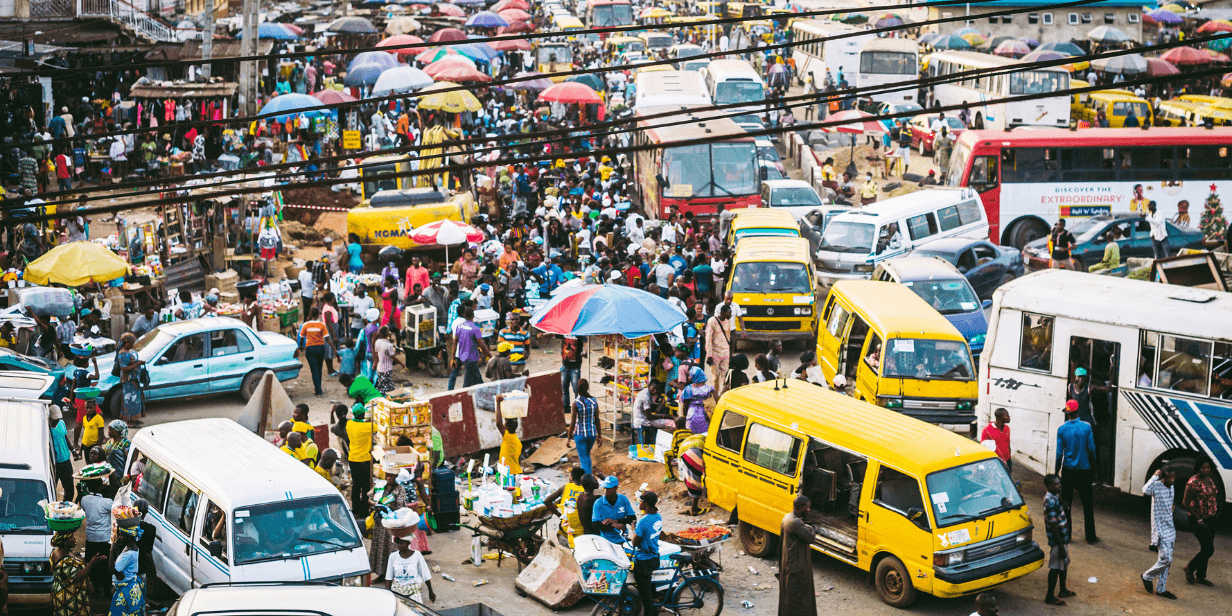
Busy street of Africa. Source: Canva
Test Drive for Free: ALPR for South Africa
If the ALPR for South Africa is something that you’re interested in trying, test drive the ALPR for free by signing up for an account. For more questions regarding the ALPR for KSA, send us a message anytime. We’re ready to answer them.

